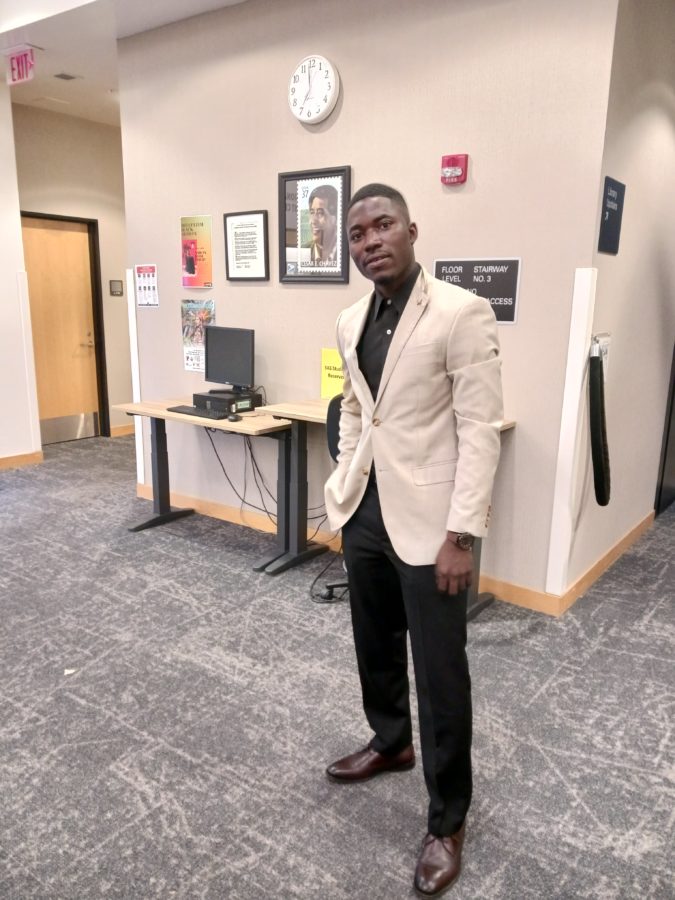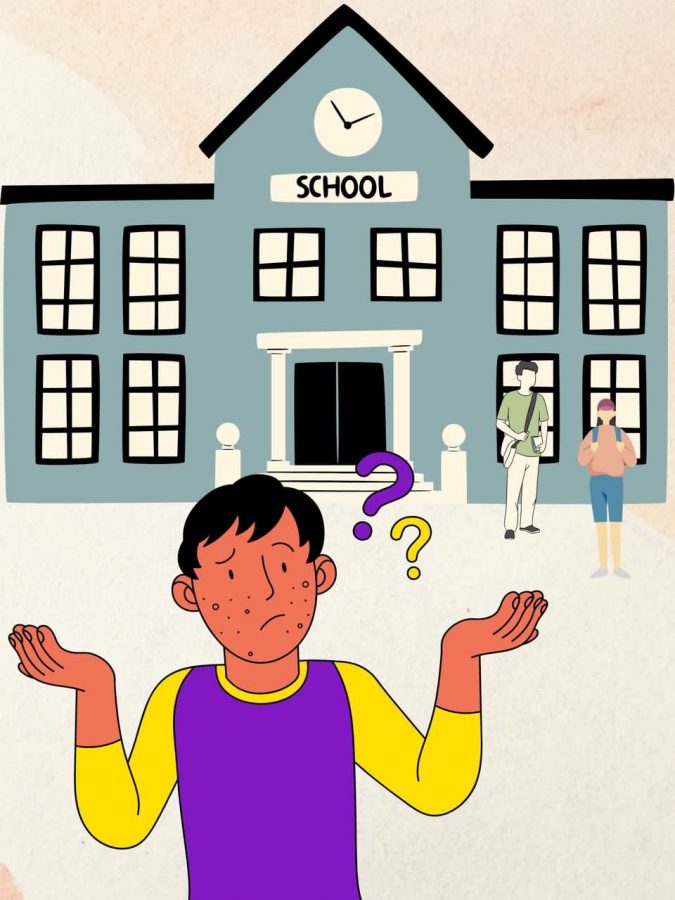By Anthony Adrian Xavier Pino/Contributor
I am an auditory person. I’ve learned this through repeated formal assessments and life experiences.
They all say the same thing: The human voice and its words are my primary way of learning and finding comfort.
It’s no accident that my wife’s beautiful, sweet voice drew me into our 44-year marriage.
When she speaks, I listen. It’s always been that way, but this auditory propensity has its drawbacks.
I sometimes fail to see visual patterns and graphic relationships, and that hinders some kinds of learning.
Just as a silver cross might kill a vampire, a parabolic graph might do me in.
Responsible advice tells me to lead by my strengths: Words and speech.
There are four activities that support my auditory nature: Reading, studying etymology, writing poetry and telling stories.
I love to read and discuss books and have more than a thousand of them. I have custom-made bookshelves in my office, in my living room and in my family room as well.
I haven’t had time to read them all, but I watch them every day, and they probably watch me as they sit upright, patiently awaiting my approach, similar to pets in a humane shelter.
My reading has taken me everywhere, such as across the Pacific in search of the great white whale in “Moby Dick,” into seedy London neighborhoods looking for lurid activity and drugs in “Picture of Dorian Gray,” into 19th century Russia for spiritual conversion in “Anna Karenina,” onto the denuded, pock-marked topography of France during the great war in “All Quiet on the Western Front” and into the celestial ecstasy of poetry, especially that of Walt Whitman, John Keats and Alan Ginsberg.
Reading is my private venture into another writer’s garden of discovery, and that is where I belong, sitting among the dark, violet roses of human experience.
I also learn from the study of words.
I love them. They carry history and adventure in each word; they are the DNA codes of our
culture.
Words like “dystopia” take us to Athens and Rome and also instill the modern concept of a totalitarian state, as in “Fahrenheit 451.”
“Charlatan” takes us on a tour to the valley of Umbria in central Italy, and to a town called Cerreto, known for fraudulent medicine.
And then there’s “weird,” which they say comes from middle English, but I sense something Nordic in it.
It also reads like “wired,” and someone who is weird may also be wired — controlled by a malevolent unseen being.
Etymology often describes ethnicity, race and historical domination in it.
“Language is a dialect enforced by an Army and a Navy,” said Otto Weinreich.
In English, the study of etymology repeatedly reminds us that the French entered England in long boats, looking like Vikings but speaking like the French.
It’s odd to think that Viking long boats carried Latin in their holds, but it’s true.
Keep this under your hat: I am a poet. And my poetic obsession has led me into the company of other strange and obsessed people.
Every month, I join a group called the Alameda Island Poets.
In that small, surprisingly middle-American town, we listen to noted local poets from Oakland, Berkeley and other hotbeds of raging disaffected artists.
Our dark rituals include eating cookies, drinking punch and applauding the outbursts of others.
Most of us are old, but we are surprisingly virulent in our sense of defilement over issues of social justice.
One of us may even be a spy, given our “seditious” interests. There’ a lady with walker who doesn’t really need it. Her instrument might just be wired to record our nefarious doings.
I’m doing a lot of storytelling lately. Sometimes these stories function like a giant squid, refusing to release me until a story is done.
On any given afternoon, I may start watching baseball on TV or grading student papers.
As I check out the score, I remember that Juan, a character in my story, may be having trouble with his girlfriend or the police.
How will he get help, or will he get help at all?
I have to help him.
His sad story comes to me, pulling me away from the television like a tentacle and not releasing me unless I return to my laptop on the dining room table.
Stories are funny that way. You become involved in the life of the character, thanks to the persistence of that great invisible squid.
So that’s me, an old man gamboling in a garden of words, dazzled by history, choked by the smoke of ancient destruction and struggling with an empathetic squid.
It’s my life and I love it.






